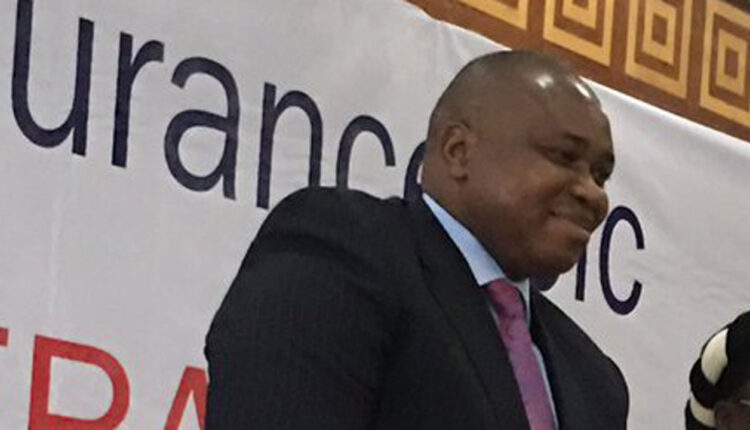
By Sandra Adetunji
In Nigeria’s insurance sector, the gender gap in leadership is glaringly evident. Of the top ten biggest insurance companies in the country, all are headed by men. This dominance reflects a troubling trend: women are missing out on top leadership roles in an industry that thrives on diversity, strategic thinking, and innovation—qualities not bound by gender.
Women make up a significant portion of the workforce in the Nigerian insurance sector, often excelling in middle management and client-facing roles. Yet, few ascend to the highest echelons of leadership. This absence is not merely a missed opportunity for women but a loss for the industry itself. Studies have consistently shown that companies with diverse leadership outperform those without. A balanced leadership structure brings fresh perspectives, broader problem-solving capabilities, and a deeper understanding of diverse customer needs—qualities essential for the insurance sector, where empathy and trust-building are paramount.
Systemic Barriers: A Stubborn Ceiling
The reasons for this disparity are manifold. Traditional gender norms and societal expectations often discourage women from pursuing careers that demand long hours and high levels of commitment, which are frequently associated with C-suite roles. Even when women are as qualified—or more so—than their male counterparts, biases in recruitment, mentorship opportunities, and succession planning frequently hold them back.
Moreover, the lack of visible female role models at the top perpetuates the cycle, making it harder for aspiring female leaders to envision themselves in these positions. This isn’t merely a pipeline issue; it’s a systemic one, rooted in both corporate culture and broader societal structures.
Leadership Beyond the Numbers
The insurance industry in Nigeria, like many others, has long been driven by numbers—profits, market share, and policy volumes. But leadership is about more than just numbers; it’s about vision, influence, and the ability to drive transformation. Women bring unique leadership styles, often emphasizing collaboration, emotional intelligence, and long-term strategy—qualities that are increasingly critical in a rapidly changing world.
In a sector poised for growth but still struggling with public perception and trust, the inclusion of women in leadership could signal a much-needed shift. Female leaders could help bridge the trust deficit, especially among female policyholders, who often make purchasing decisions for their families.
What Needs to Change?
The responsibility for bridging this gender gap rests not just with women aspiring to leadership but with the industry as a whole.
- Intentional Leadership Development Programs: Organizations need to create programs that actively identify and groom female talent for leadership roles. This includes mentorship and sponsorship from current leaders who can advocate for these women.
- Flexible Work Policies: Many women in mid-management roles are forced to choose between career progression and family responsibilities. Flexible work policies can help retain and nurture female talent.
- Breaking Bias in Recruitment: Boards and leadership teams must actively confront their biases during recruitment and promotions, ensuring that gender does not outweigh competence in decision-making.
- Visible Role Models: Organizations should celebrate and showcase successful female leaders in the sector, creating a ripple effect of inspiration and aspiration.
A Call to Action
The gender disparity in leadership of Nigeria’s insurance industry is not merely a women’s issue; it is an industry challenge. As the sector grapples with the need for innovation, customer-centricity, and trust-building, it cannot afford to exclude half of its potential leadership pool.
The time for change is now. Breaking the glass ceiling is not just about fairness; it’s about driving the industry forward. If the insurance sector in Nigeria is to achieve its full potential, it must do more to ensure that its leadership reflects the diversity of the workforce it employs and the customers it serves.
Women are ready to lead; the question is whether the industry is ready to let them.











